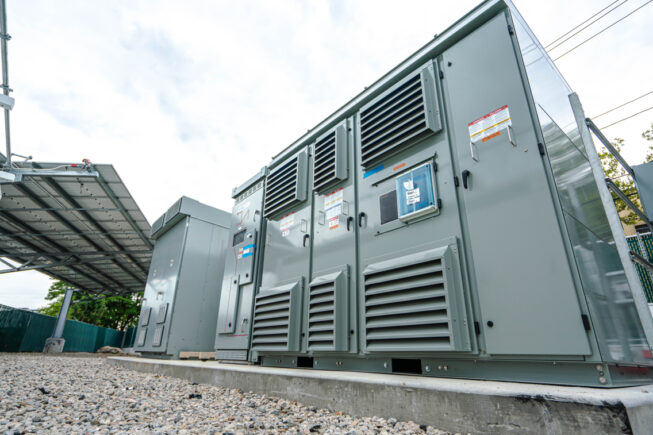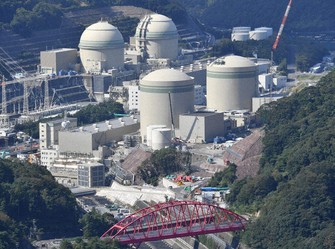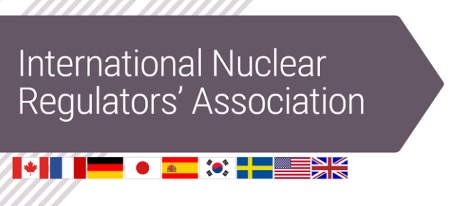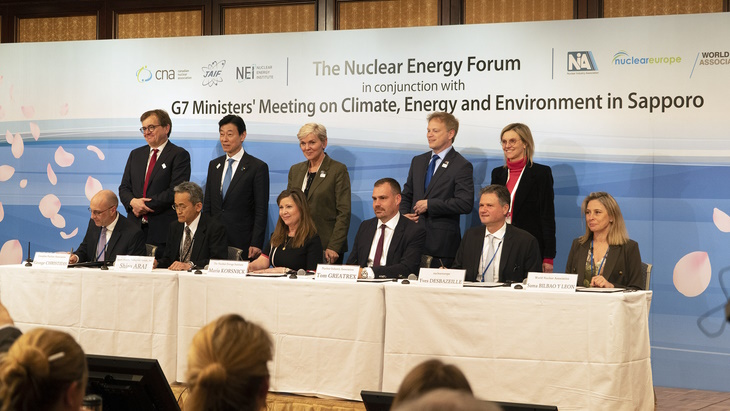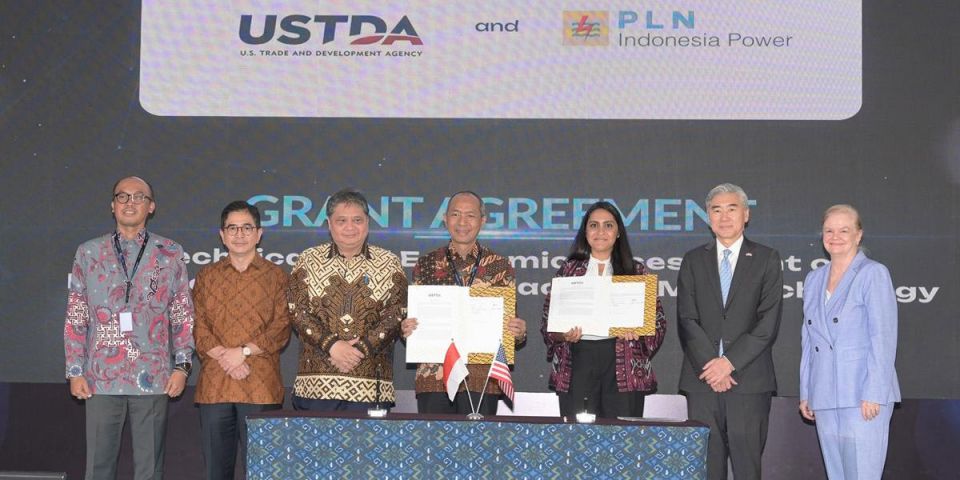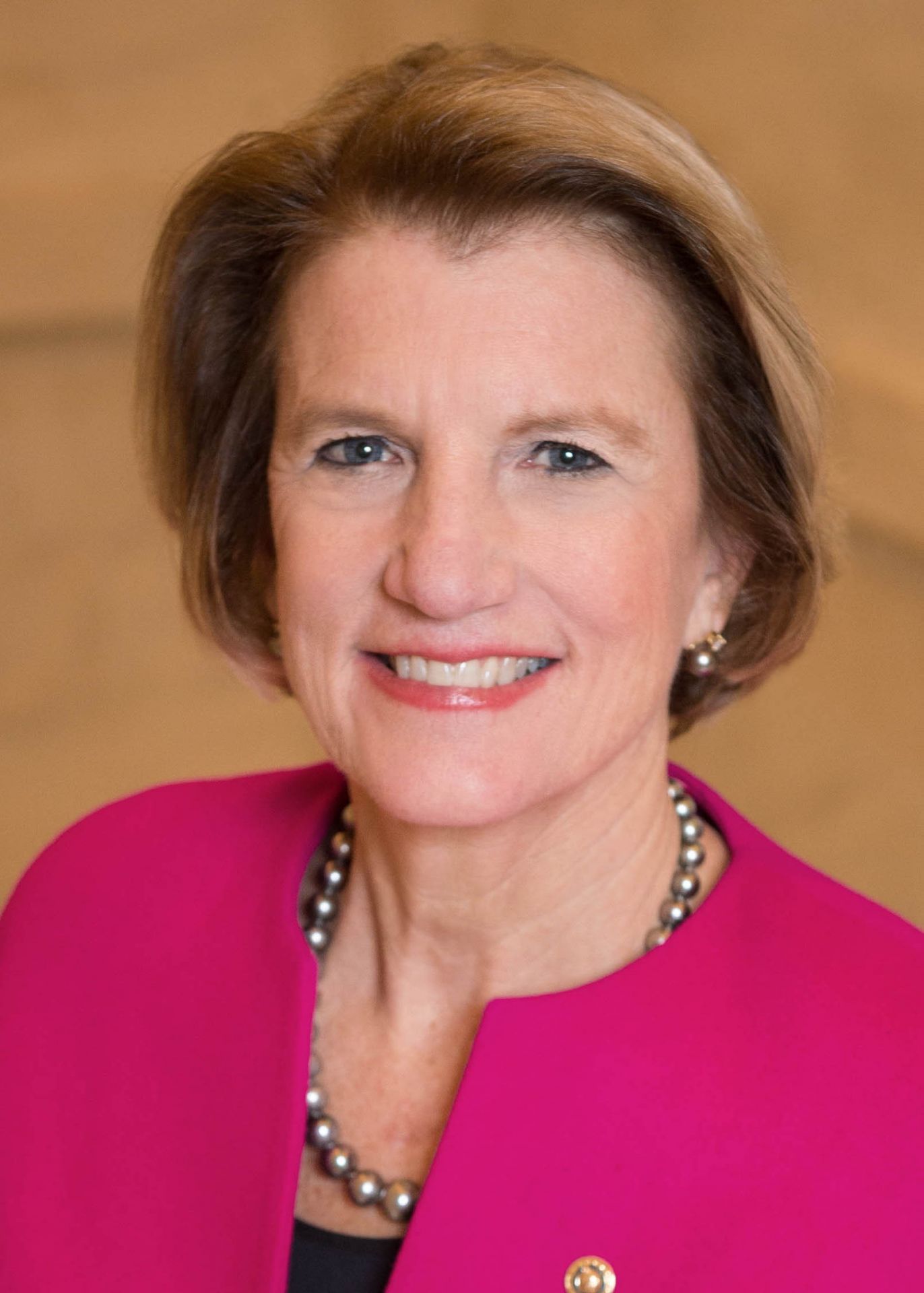he Sharjah Sustainable City — the first sustainable master-planned community developed by the Sharjah Investment and Development Authority (Shurooq) in partnership with Diamond Developers – has announced that the year 2022 was a year of overwhelming response to its movement toward a sustainable way of life
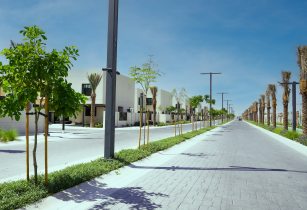
Sharjah Sustainable City latest photos 2 minExtended over an area of 7.2 million square feet in Sharjah's Al Rahmaniya Area, Sharjah Sustainable City is a leading eco-friendly residential community. (Image source: The Sharjah Sustainable City)
Over the past year, the city's first two phases, including 604 spacious and modern villas, have been entirely sold out, and it also launched the third phase comprising 324 villas. What's more, the phase 1 handover has been completed, with handovers of phase 2 and phase 3 expected to take place in 2023 and 2024, respectively.
One of the city's most significant milestones of 2022 was the handover of the first villas to homeowners, marking the city's transition from a real estate project into an active community. Over 110 families have moved in and started enjoying their new sustainable homes and the many benefits they offer – both environmental and economical.
Yousif Ahmed Al-Mutawa, CEO of Sharjah Sustainable City, said, "As we look toward the new year, it gives me immense pleasure to see the enormous progress we have made at Sharjah Sustainable City – bringing us ever closer to becoming the first eco-friendly city in the heart of Sharjah."
Extended over an area of 7.2 million square feet in Sharjah's Al Rahmaniya Area, Sharjah Sustainable City is a leading eco-friendly residential community, promoting a lifestyle that is compatible with the future. With a total of 1,250 sustainable villas, the city is divided into blocks of three-, four- and five-bedroom properties ranging between 2,035 square feet and 3,818 square feet in a built-up area.
The development is in line with national efforts related to the food-energy-water nexus as it provides practical solutions related to food security, water and energy management, as well as natural resources conservation.
The city is equipped with renewable energy produced from rooftop solar panels and built with sustainable materials and passive designs that reduce utility bills and operational costs. As a result, residents can save up to 50% on water and electricity bills. On top of that, the city offers zero service fees for the first five years, as well as complimentary energy-efficient kitchen appliances and smart home features.
Sharjah Sustainable City also offers a host of other key amenities such as parks, gyms, a swimming pool, a shopping center, walking/cycling paths and green mobility. Additionally, to support food security efforts, the city is home to indoor farming facilities and partially solar-powered greenhouses called biodomes that annually produce about 10,000 kg of chemical-free leafy greens and vegetables, which is expected to increase to 15,000 kg in the future.
The city contributes to several United Nations Sustainable Development Goals, particularly SDG6, focused on access to water and sanitation for all, and SDG7 that among other things, calls for ensuring universal access to affordable, reliable, and modern energy services and increasing substantially the share of renewable energy in the global energy mix.
Over the past year, the city reported a surge in people reaching out to learn about the residential project, which represents a fundamental change in the concept of future cities and urban planning, showing how more and more people are becoming increasingly environmentally conscious and opting for sustainable living. To boost awareness about sustainability, the city plans to organise community outreach programs with a special focus on women, youth and children.
Designed on the three pillars of sustainability: environmental, social, and economic, Sharjah Sustainable City aims to reduce carbon emissions and embraces the concept of "living locally" in a fully integrated and vibrant community offering a unique and sustainable lifestyle, thereby supporting national and global efforts toward reducing the carbon footprint.

